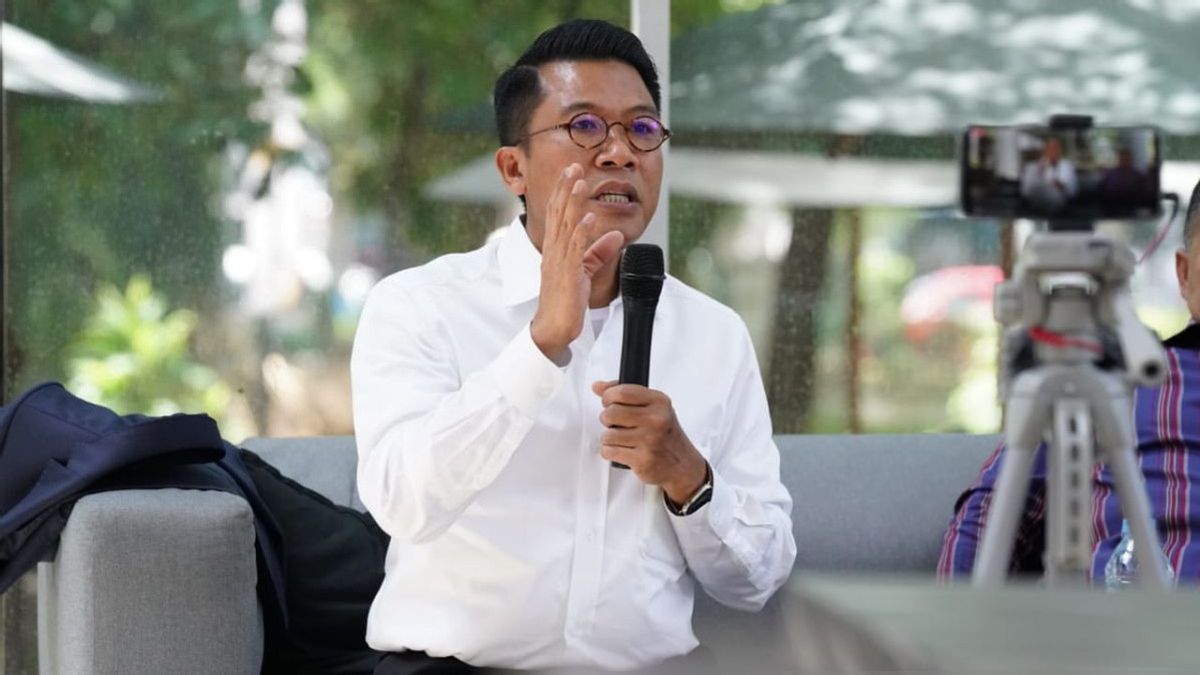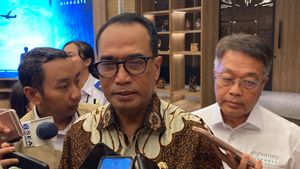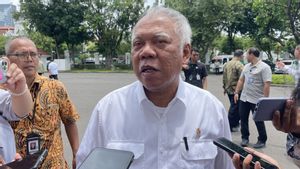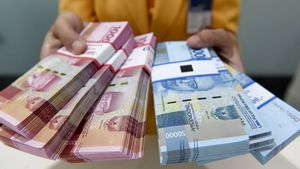JAKARTA - Member of Commission XI DPR RI Mukhamad Misbakhun highlighted the discourse of a plain packaging policy without a brand or plain packaging for tobacco products in the Draft Regulation of the Minister of Health (RPMK) which is a derivative of PP 28 of 2024.
Misbakhun in his statement in Jakarta, Monday revealed that the Ministry of Health's plan to implement plain packaging for tobacco products will have a direct impact on the country, especially in terms of the economy, where so far tobacco excise (CHT) is claimed to have contributed up to Rp300 trillion to the country.
"This significant economic impact has actually become something that is missing for policy makers to see, so I see this as an unbalanced approach. Cigarettes contribute Rp300 trillion to the country every year, that is very significant for our national budget," said Misbakhun, quoted from ANTARA, Tuesday, September 10.
He questioned how the plain packaging policy could be considered to be included in the RPMK.
In fact, the policy clearly ignores the interests of farmers and traders who depend on the tobacco products industry. He also criticized how the brewing of the policy was a form of encouragement from the Framework Convention on Tobacco Control (FCTC), a deal of a handful of countries as a form of tobacco control.
Misbakhun questioned the party who pushed for the polemic-laden policy.
Misbakhun continued that Indonesia has full sovereignty and should have the courage to take a stand to prioritize and protect farmers, traders, all kinds of economy that run and depend on the tobacco industry.
As is known, tobacco farmers and small traders are part of the people's economic ecosystem which actually requires the support and presence of the government to survive.
Meanwhile, from the budget portion, tobacco farmers and cloves, for example, have never been given a special allocation by the government to help their economic development.
There are no incentives or subsidies for fertilizers or pesticides that tobacco farmers can use to help farmers' welfare.
According to Misbakhun, the proposed plain brandless packaging policy will not be effective in reducing cigarette consumption.
The reason is, various data based on experience in various countries shows that plain packaging policies do not affect reducing cigarette consumption.
In fact, he said, this would encourage the circulation of illegal cigarettes that were not recorded and were detrimental to the state from the excise revenue of legal products.
He assessed that the plan to remove cigarette brands and only use plain packaging was an irrational discourse. The reason is, removing cigarette brands and only using plain, uniform and generic packaging will make it more difficult for supervision and law enforcement.
"Customs are not designed to deal with this issue. Standardization of plain packaging may be good for debate, but less effective if implemented directly without clear support," he said.
Moreover, according to him, so far health campaigns have never succeeded significantly in helping smokers to quit.
If the government continues to use the same method regardless of economic aspects and law enforcement, he is concerned that the only increase in illegal cigarettes and greater state losses will occur.
SEE ALSO:
Therefore, Misbakhun emphasized the need for a balanced approach to tobacco policy, which also takes into account the economic impact and good governance.
"Fronts of years we tried the same method. Why do we still use the same thing? The same way but want the results to be different. In the end, what happened was illegal cigarettes and this was completely denied by the government. Therefore, in my opinion, this limiting PP is not good in the industrial and economic sectors," he said.
The English, Chinese, Japanese, Arabic, and French versions are automatically generated by the AI. So there may still be inaccuracies in translating, please always see Indonesian as our main language. (system supported by DigitalSiber.id)
















